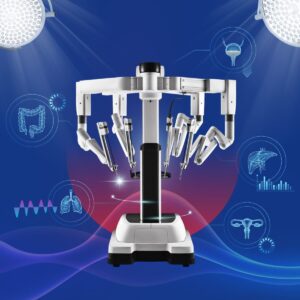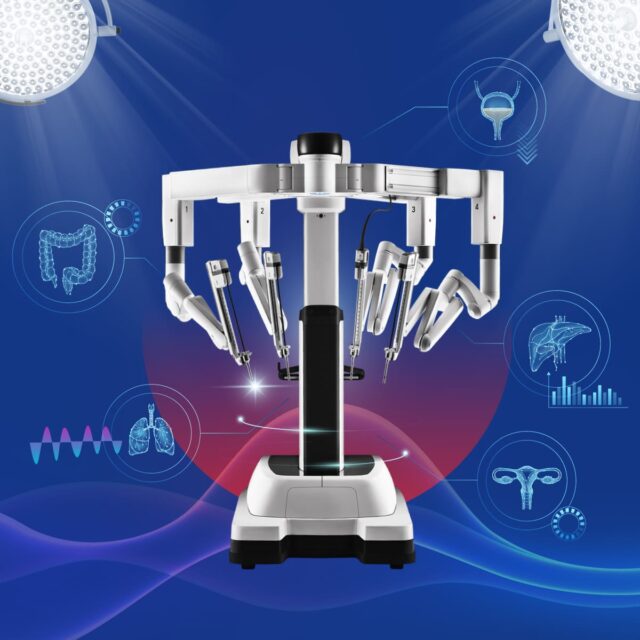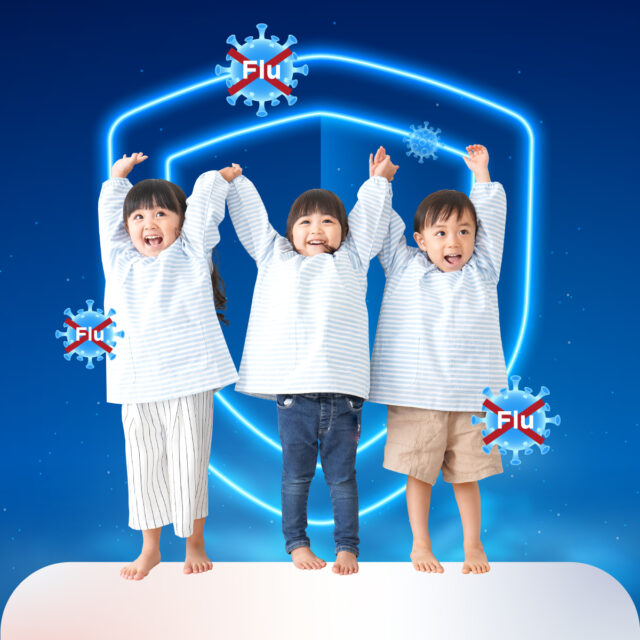Executive functions or EF are defined as the cognitive abilities needed to control thoughts, emotions and actions. Executive functions help children develop their acquired skills of teamwork, decision-making, problem solving, adaptability and being aware of emotions. When children have opportunities to develop executive functions, it results in self-regulation skills and lifelong benefits. These skills are crucial especially in children with attention deficit hyperactivity disorder (ADHD). Without appropriate and continuous behavioral treatments, children are prone to experience social difficulties, social rejection and interpersonal relationship problems as a result of their inattention, impulsivity and hyperactivity. Executive functions on early children is therefore essential.
Get to know Executive Functions (EF)
The term “executive functions” refers to the higher-level cognitive skills developed in the frontal lobes of the brain. Executive functions are cognitive abilities to control thoughts, emotions and actions. A set of these cognitive processes are necessary for the cognitive control of behavior which can substantially help facilitating the attainment of chosen life goals. Nevertheless, executive function deficits can occur in some people as the result of a variety of neurologic conditions. Executive functions could be significantly improved from continuous practicing programs that help children to strength their executive functioning skills. Childhood development occurs naturally and at an extremely fast rate. Learning of executive functioning skills are recommended to start during the age of 3 – 6 since the frontal lobes will be fully developed.
The development of executive functions
There are 9 key executive functions; 3 functions are basic skills and 6 functions are advanced cognitive processing skills.
- Basic cognitive skills consist of
- Working memory: An ability to hold information in mind for further utilization and evaluation to complete a task.
- Inhibitory control: An ability to control behaviors, control impulses, think before acting, manage extraneous distractions or irrelevant information or interference as well as delay responses.
- Shifting or cognitive flexibility: An ability to demonstrate appropriate variations in behaviors, independently consider a variety of solutions in problem solving, revise plans and initiate creativity.
- Advanced cognitive processing skills consist of
- Focus or Attention: An ability to focus and concentrate on certain things at particular time as well as the ability to ignore and filter out other things in order to complete a specific task.
- Emotional control: An ability to control emotions, regulate impulses and appropriately express feelings without anger or moodiness.
- Self-monitoring: An ability to independently conduct self-assessment for appropriate behaviors and responses including makimg changes as needed.
- Initiation: An ability to independently initiate new activities, begin activity without procrastination, seek and search for information, generate ideas and complete all parts of an activity.
- Planning and organizing: An ability to plan and organize tasks, prioritize activities, arrange information, complete the plans and make an evaluation.
- Goal-directed persistence: An ability to determine goals and display ongoing efforts and attention towards achieving these goals with commitment and perseverance.
Signs of executive function deficits
Executive function deficits can occur as the result of a variety of neurologic conditions such as traumatic brain injury, attention deficit hyperactivity disorder (ADHD) and autism. Signs that might indicate executive function deficits include:
Inhibitory difficulties
- Lack of concern for other people and no sympathy.
- Irritability, restlessness and being hyperactive.
- Being distracted easily while doing activity.
- Lack of self-control with immediate responses.
Adaptability and flexibility problems
- Inability to adapt to new environment.
- Being quick-tempered if changes are needed.
- Time-consuming to adapt to new environment.
Emotional control problems
- Expression of socially inappropriate behavior with aggressive anger.
- Being upset easily from small issues.
- Inability to deal with disappointment or taking long time to recover from being disappointed.
Limited working memory
- Inability to multitask. Only the first or last order will be taken.
- Repetitive mistakes although advices or assistances are given.
- Being forgetful during activities.
Planning and organizing problems
- Difficulty in planning and initiation.
- Difficulty with finding clothes, shoes, toys or books even though specific advices are given.
- Unawareness or denial that their behavior is a problem such as creating a mess without responsibility to clean up although advices are told.
- Difficulty processing, storing and retrieving information.
- Trouble completing tasks although instructions are given.
(Reference: Assoc. Prof. Dr. Nuanchan Chutabhakdikul, Institute of Molecular Biosciences, Mahidol University)
The development of executive functions and ADHD
Attention Deficit Hyperactivity Disorder (ADHD) is a mental health disorder that includes a combination of persistent problems such as difficulty paying attention hyperactivity and impulsive behavior. Children diagnosed with ADHD develop symptoms including excessive activity or restlessness, disorganization and problems prioritizing, impulsiveness,
low frustration tolerance and frequent mood swings. These symptoms can lead to poor school performance, low self-esteem and other social engagement problems. Therefore, the development of executive functions remains crucial for ADHD children to continuously learn essential cognitive skills. Executive functions help to enhance the development of the frontal lobes, leading to the significant improvements in inhibitory and emotional control, self-monitoring and attention as well as planning and organizing. More importantly, in order to achieve the best possible outcomes, learning of executive functions requires coordinated attempts from a large team including parents, children and multidisciplinary team with specialized pediatricians, nurses and other healthcare profession.
Child Health Center, Bangkok Hospital has created “Smart Kid Express Program” an interactive group activity which aims to improve the executive functions in kids aged 4-6 years. The program is designed for collective developments in planning, initiation, prioritizing and organizing.
Our Child Development Clinic is committed to offer comprehensive child development care by multidisciplinary team, comprised of pediatricians, pediatric nurses, psychologists, recreational therapists and speech therapists. The recreational activities significantly contribute to the development of executive functions, resulting in a complete development in children of all age groups.













